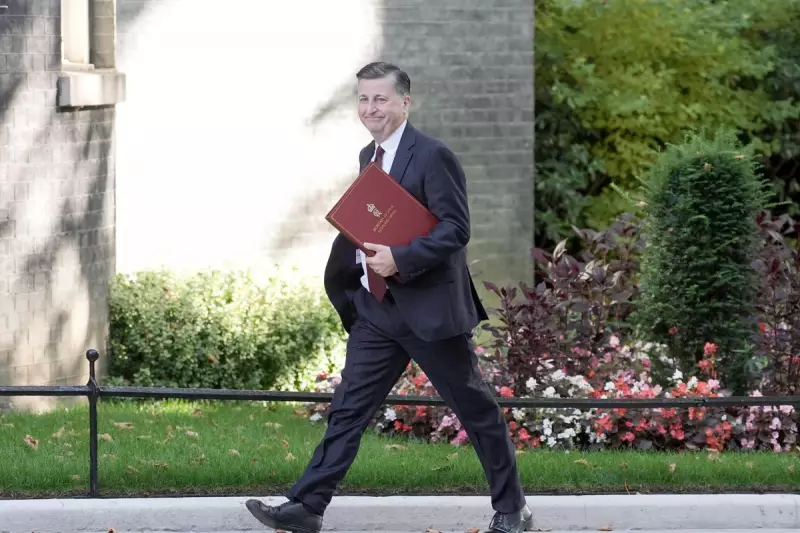
In a striking political development that has sent ripples through Westminster, former Labour Cabinet minister Douglas Alexander has accepted a senior advisory position within Donald Trump's campaign team. The move represents a significant crossover between UK political expertise and American presidential politics.
Bridging the Atlantic Divide
The seasoned politician, who previously held key roles as International Development Secretary and Scottish Secretary under Gordon Brown, will provide strategic counsel to the Trump campaign on international relations and economic policy. This appointment comes at a crucial juncture in UK-US relations, particularly regarding trade negotiations and NATO commitments.
White House Connections and Controversy
Alexander's appointment follows his recent meeting with Trump at Mar-a-Lago, where discussions reportedly covered Ukraine policy and the future of NATO—key issues where Trump has expressed controversial views. The former MP's extensive experience in international diplomacy positions him as a valuable asset to Trump's foreign policy team.
Political Reactions and Implications
The move has generated mixed reactions across the political spectrum. Some colleagues have expressed surprise at Alexander's alignment with Trump, given their apparent political differences. However, supporters argue that maintaining channels of influence with potential US leadership serves Britain's national interest.
Alexander himself emphasised the importance of the special relationship between the UK and US, stating his intention to help strengthen economic and security ties regardless of political affiliations. His involvement signals potential continuity in transatlantic relations should Trump secure a second term.
Strategic Timing and Global Context
The advisory role comes amid heightened global tensions and uncertainty regarding Western alliances. With Trump leading in several key battleground states, British officials and diplomats are increasingly preparing for potential political shifts across the Atlantic that could significantly impact UK foreign policy priorities.
Alexander's appointment represents a pragmatic approach to political diplomacy, recognising the need for engagement across party lines and national boundaries in an increasingly complex global landscape.





